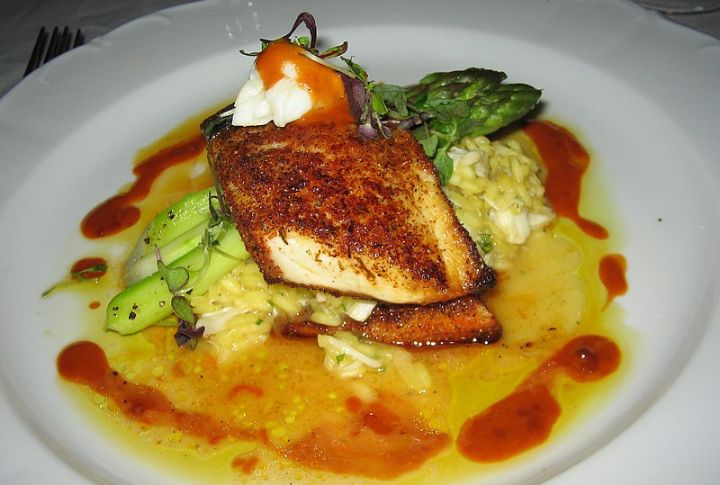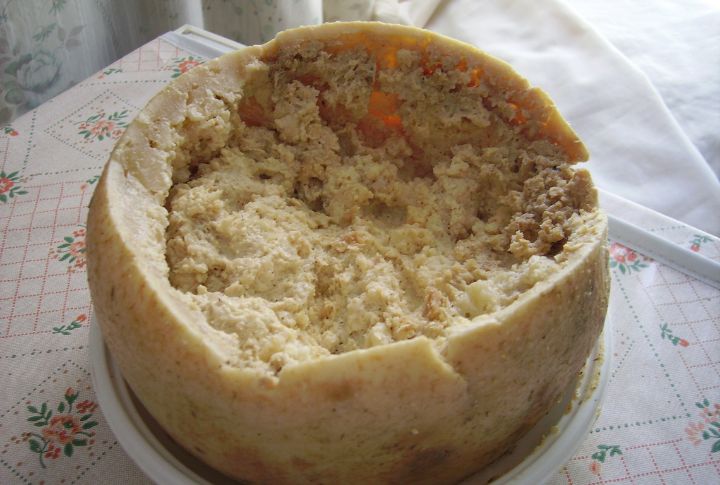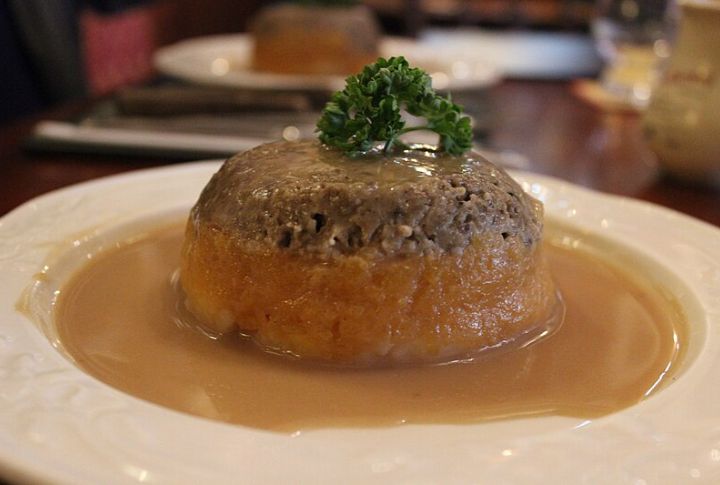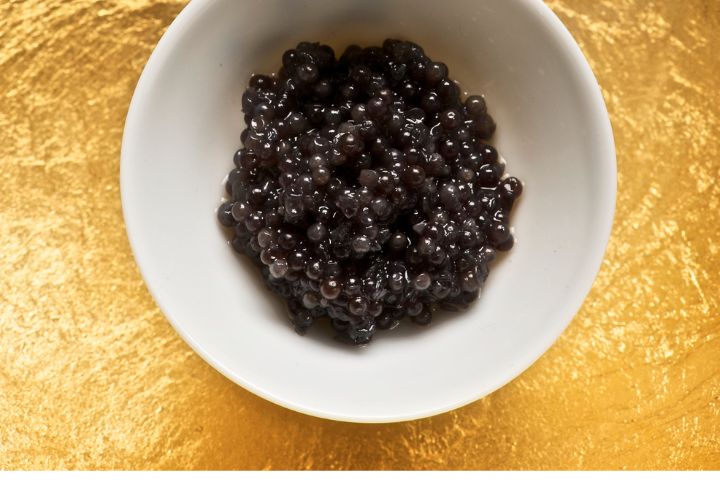
There’s something oddly tempting about what you can’t have. The U.S. restaurant scene has mouthwatering options, but some foods are strictly off-limits. Be it health risks or ethical concerns, these forbidden delights will keep you guessing. Let’s check them out and find out why we can’t have them.
Foie Gras

The controversy surrounding foie gras isn’t new. This luxurious duck liver dish, made through force-feeding, has been banned in places like California due to animal cruelty concerns. While some chefs find loopholes to serve it, legally, it’s a disappearing indulgence that remains divisive among diners and lawmakers alike.
Redfish

The commercial fishing of redfish was banned in the late 1980s after skyrocketing demand for blackened redfish led to severe overfishing. Recreational anglers fought to restrict their harvest, leading to federal protections. Today, redfish is unavailable in American restaurants, except in Mississippi, where limited commercial sales remain legal.
Raw Milk

Devotees claim raw milk is packed with nutrients lost in pasteurization, but the FDA sees a bacterial nightmare. Its interstate sale is banned, and only a handful of states allow limited distribution. Though it remains a staple in some underground food circles, mainstream restaurants won’t dare keep it.
Casu Marzu

Why would anyone willingly eat cheese crawling with live maggots? In Sardinia, casu marzu is a prized delicacy, with its squirming inhabitants said to enhance the flavor. The FDA, however, calls it a health hazard. Unless you’re sneaking a wheel past customs, you won’t find this on any American menu.
Horse Meat

Many countries consider horse meat a delicacy, but in America, it remains off-limits. Horses are viewed more as companions than cuisine, which makes the idea of eating them socially unacceptable. No federal law outright bans it; state-level restrictions and public outrage ensure it never reaches restaurant menus.
Haggis

True haggis lovers hoping for an authentic taste must travel across the Atlantic. In the 1970s, the USDA banned sheep lung—the key ingredient of Scotland’s beloved dish—over food safety concerns. Modified versions exist in the U.S. but lack the rich, offal-heavy depth of the real thing.
Beluga Caviar

America loves indulgence, but not at the cost of extinction. The beluga sturgeon, prized for its caviar, is critically endangered. To protect the species, the U.S. banned its import in 2005, making this once-coveted delicacy nearly impossible to obtain legally.
Sassafras Oil

Root beer used to owe its distinct flavor to sassafras oil—until scientists discovered it contained safrole, a potential carcinogen. The FDA quickly banned its use in food and beverages. Modern root beers rely on artificial flavors or sassafras-free sassafras, but the original recipe is long gone.
Kinder Surprise Eggs

A chocolate egg with a toy inside—what could go wrong? A lot. The FDA enforces strict rules against embedding non-edible objects in food. This made Kinder Surprise eggs illegal. Their alternative, Kinder Joy, separates the toy from the chocolate, but purists insist it’s not the same.
Swan

Once a prized dish in European royal courts, swan meat has no place on American menus. Legal protections for migratory birds and cultural attitudes toward swans as dignified, untouchable creatures keep them off-limits. Even in states where hunting is allowed under special permits, serving swan is impossible.
Leave a comment